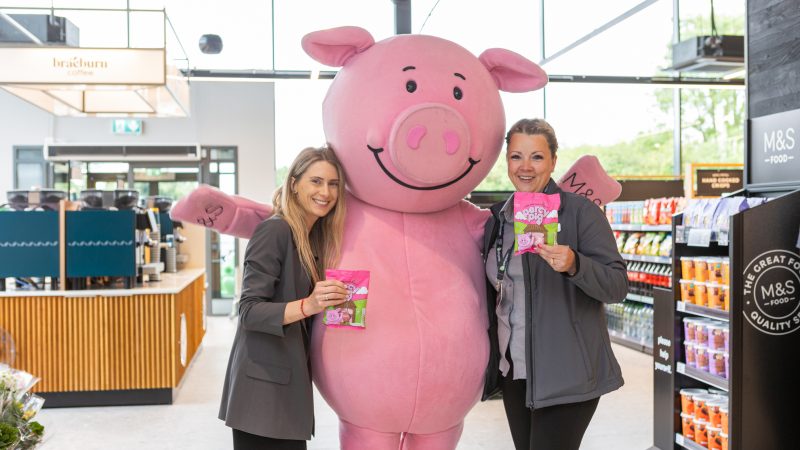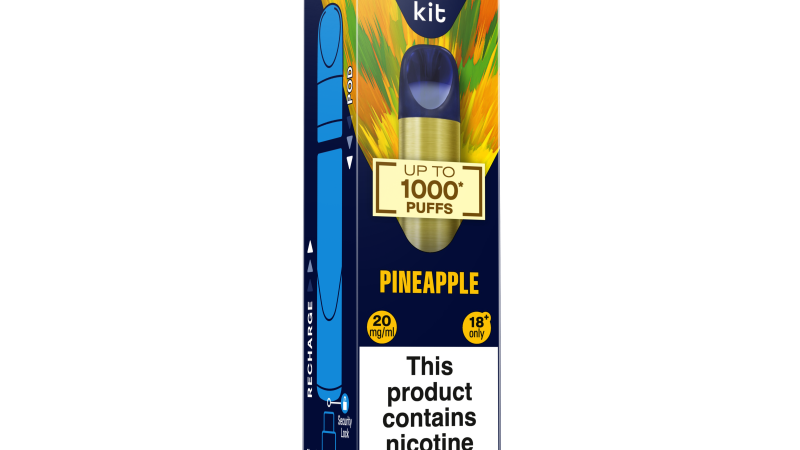CSNA calls for end of price manipulation by tobacco manufacturers

The Convenience Stores and Newsagents Association (CSNA) has called on the Minister for Finance to address a legal loophole which allows tobacco producers to compete on price in the upcoming Budget.
In its pre-Budget Submission, the group highlighted concerns regarding ongoing price manipulation by tobacco manufacturers in Ireland and called on the Government to end this practice and ensure Budget measures are correctly implemented by tobacco companies.
The CSNA said the current legislation allows cigarette manufacturers to set their own retail price and is resulting in significant Exchequer implications.
It’s calling for the implementation of a number of measures in Budget 2020 to close this financial loophole and ensure the Exchequer is receiving its full due from the sale of tobacco:
- Amendment of the 1996 Finance Act to allow retailers set tobacco retail price
- Banning the sale of large boxes through the Public Health (Tobacco) Act or the amendment of tobacco pricing legislation in the Finance Act 2020
- Reducing the permissible limits of imported duty-paid tobacco
The CSNA says removing price-setting power from the manufacturer and returning it to the Irish retailer, ensuring that tobacco manufacturers cannot leverage larger boxes and per-cigarette pricing tactics and ensuring every pack of cigarettes consumed in Ireland adheres to plain packaging rules will support public health objectives and increase Government tax revenues by over €100 million annually.
Public health measures
It says that while Ireland has made very significant strides in combating tobacco harm through a variety of measures over the past 50 years, continued Budgetary measures and taxation policies such as these can further support Ireland’s ongoing public health efforts.
Speaking at the launch of its Pre-Budget Submission, Vincent Jennings, CEO of the CSNA, said: “If the Government is to have any hope of reaching its target to reduce smoking to less than 5% of the population by 2025, it needs to take a series of actions that go beyond simply increasing excise on tobacco.
“This includes allowing tobacco retailers in convenience, forecourt and newsagents to set the price of tobacco products in the same way that they can set the price of any other product sold in their shop. This is also an important public health intervention – WHO research consistently shows that price is the biggest single determining factor in tobacco consumption.
“A range of measures are available to the Government, and we would call on them to utilise all of these in order to see meaningful reductions in Irish tobacco consumption.”








